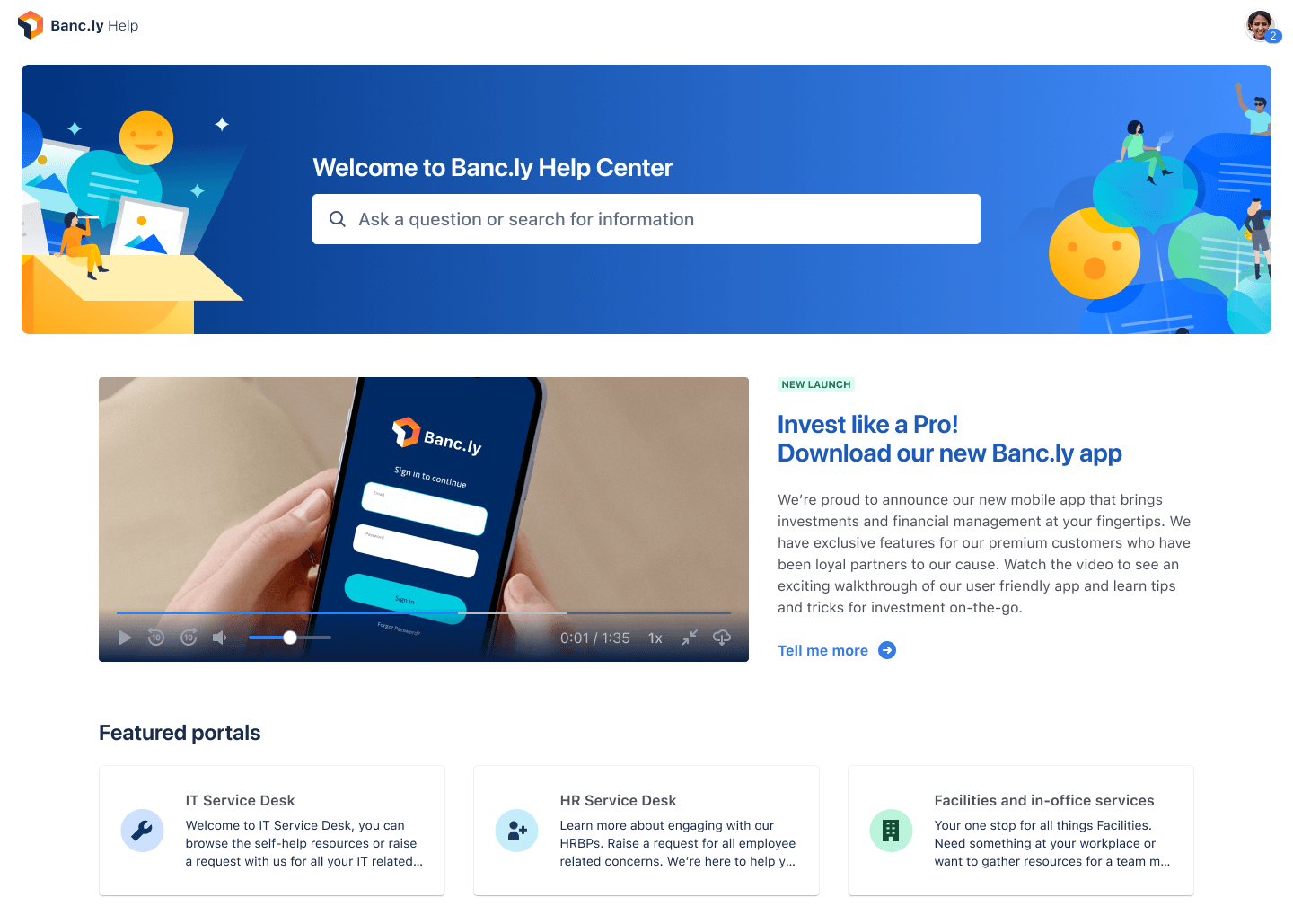Jira Service Management Standard vs. Premium: Which Plan Fits Your Team?
[IT Service Management], [Enterprise Service Management], [Jira Service Management], [Service & Support Teams], [IT Service Management & CMDB], [Service Management], [Service Teams]
Choosing the right Jira Service Management plan can make all the difference in how efficiently your teams deliver IT services. While Standard offers a solid foundation for service management, Premium unlocks advanced automation, AI-powered incident handling, asset management, and governance tools designed for scaling organizations. In this post, we break down the differences so you can decide which tier is the right fit for your business.

What is Jira Service Management?
Jira Service Management (JSM) is Atlassian’s modern IT service management solution, built to empower high-velocity teams. It connects IT, development, and business teams on a single platform, reducing silos and streamlining service delivery.
IT service management
Deliver end-to-end ITSM capabilities, aligned with ITIL practices, to support service delivery across the enterprise.
Request management
Centralize and streamline service requests with intuitive portals that make it easy for employees and customers to get help.
Incident management
Accelerate resolution with real-time collaboration, AI-driven insights, and structured post-incident reviews to prevent repeat issues.
Change management
Reduce risk and increase agility through CI/CD integrations, deployment gating, and automated change approval workflows.
Asset management
Manage infrastructure, services, and dependencies in context with incidents and requests, ensuring better visibility and control.
Automation & AI
Cut down on repetitive tasks with smart automations, intelligent routing, and AI-powered virtual agents that boost team efficiency.
And what makes Jira Service Management special is that it goes beyond IT to empower all teams across the enterprise — from HR and Facilities to Legal and beyond.
👉 Want to dive deeper into how JSM compares across plans? 👈Discover more in the whitepaper! |
Download whitepaper
Jira Service Management Standard vs. Premium
Every team is unique: some need a streamlined help desk, others need enterprise-grade control and scalability. Jira Service Management offers both Standard and Premium options, giving you the flexibility to start small and grow as your needs evolve.
The Premium plan adds advanced capabilities designed for scaling teams, complex service environments, and enterprise governance. Let’s take a closer look at how Standard and Premium compare.

Source: Atlassian
Features Comparison: JSM Standard vs Premium
Here’s a streamlined comparison of key Jira Service Management capabilities:
| Feature | Standard Plan | Premium Plan |
|---|---|---|
| Storage | 250 GB file storage | Unlimited file storage |
| Automation (rule runs) | Up to 5,000 executions per month | Up to 1,000 rule executions per user per month |
| Advanced incident and problem & management | Basic workflows available in Standard | ✅ Fully featured — including major incidents, post-incident reviews, change calendars, CI/CD integration, and risk assessments |
| Change management | ✅ | ✅ |
| Assets & configuration (CMDB) | ❌ |
✅Manages up to 50,000 asset objects per site (via built-in Assets module) |
| Virtual service agent (AI) | ❌ | ✅ |
| Sandbox & release tracks | ❌ | ✅ |
| Admin insights & governance controls | Standard plan includes audit logs and permissions | Enhanced with admin insights, project archiving, IP allowlisting, and usage analytics |
Key differences between JSM Premium and Standard at a glance
The Standard plan offers a solid foundation, including core ITSM workflows, a branded help center, essential automation capabilities, and audit-level governance. In contrast, the Premium plan elevates Jira Service Management to an enterprise level by introducing smarter automation, comprehensive full lifecycle ITIL support, a built-in CMDB, AI-powered tools, sandbox testing environments, and advanced administrative controls. With Atlassian’s recent updates, Premium now also includes deeper incident, problem, and change management capabilities, along with AI and asset management enhancements that were previously unavailable in Standard.
Why upgrade to premium?
|
So, which option to choose, or when do you need JSM Premium
While the Standard plan is a solid option for smaller teams or organizations with straightforward ITSM needs, there are clear cases where Premium is the smarter choice:
 You manage complex incidents and changes
You manage complex incidents and changes
Premium’s AI-powered incident management, advanced change workflows, and CI/CD integrations help reduce risk and speed recovery.
 You need asset and configuration visibility
You need asset and configuration visibility
If you want to manage Assets and CIs directly in JSM, Premium gives you built-in tools to track infrastructure dependencies.
 You require stronger governance and compliance
You require stronger governance and compliance
Features like sandbox environments, release tracks, admin insights, and IP allowlisting make Premium ideal for regulated industries or enterprises with strict governance.
 You’re scaling rapidly
You’re scaling rapidly
With unlimited storage, global automation, and enterprise-grade admin tools, Premium provides the scalability growing teams need.
👉Still not sure which plan fits your organization?
What's next?
Choosing between Standard and Premium is more than a feature comparison — it’s about aligning the right capabilities with your team’s needs.
Get a full breakdown
Compare all plans and features for complete breakdowns and the latest details.
Try it for free
Both JSM Standard and Premium plans include free trials to help you evaluate them from every angle.
Ask experts for help
As an Atlassian Partner, we can help you assess your needs and recommend the right plan.

Ready to find the right JSM plan for your business?
At catworkx, as an Atlassian Platinum Solution Partner, we help organizations evaluate their ITSM requirements, set up JSM tailored to their workflows, and ensure smooth adoption.
Get in touch with us today and let’s make your service management future-ready!